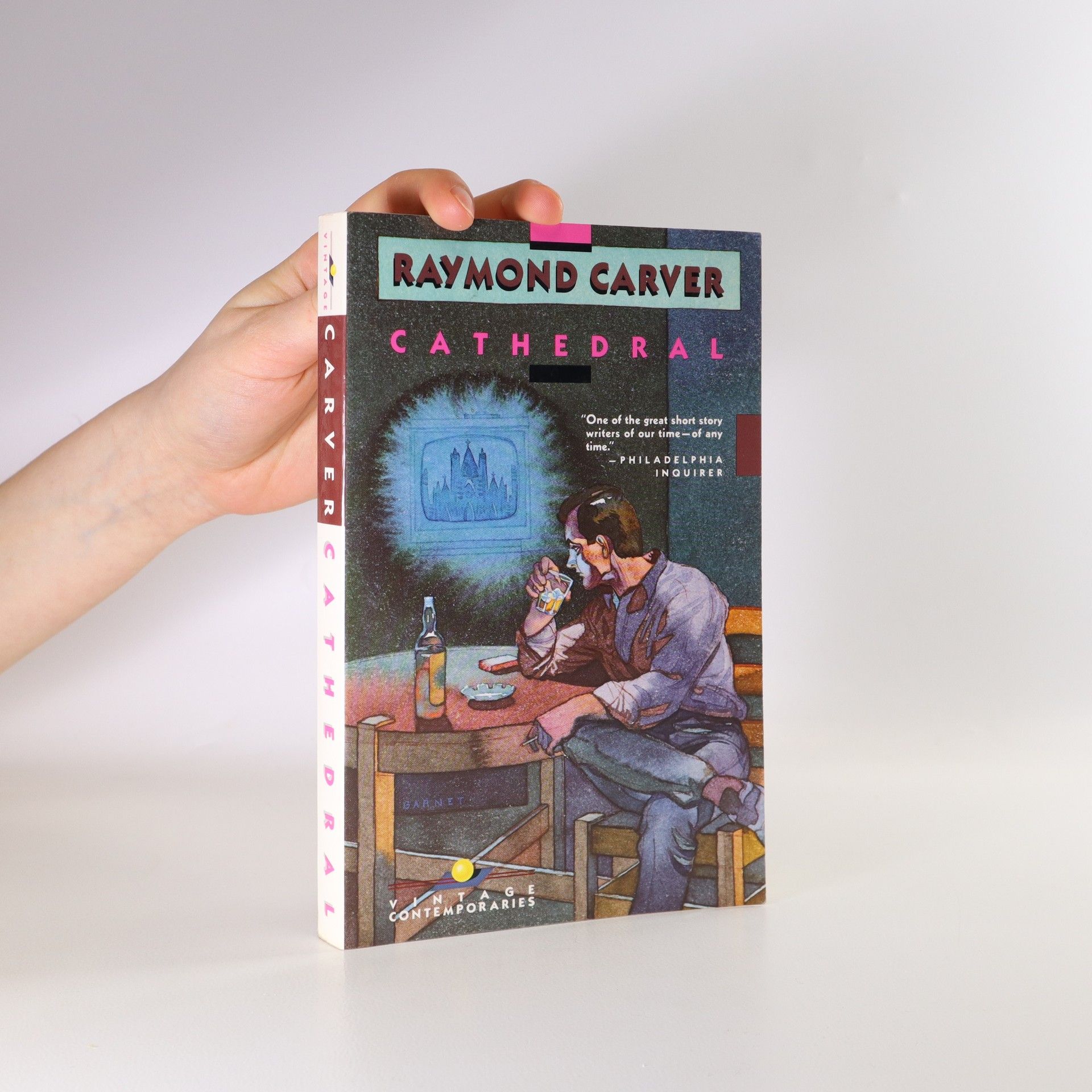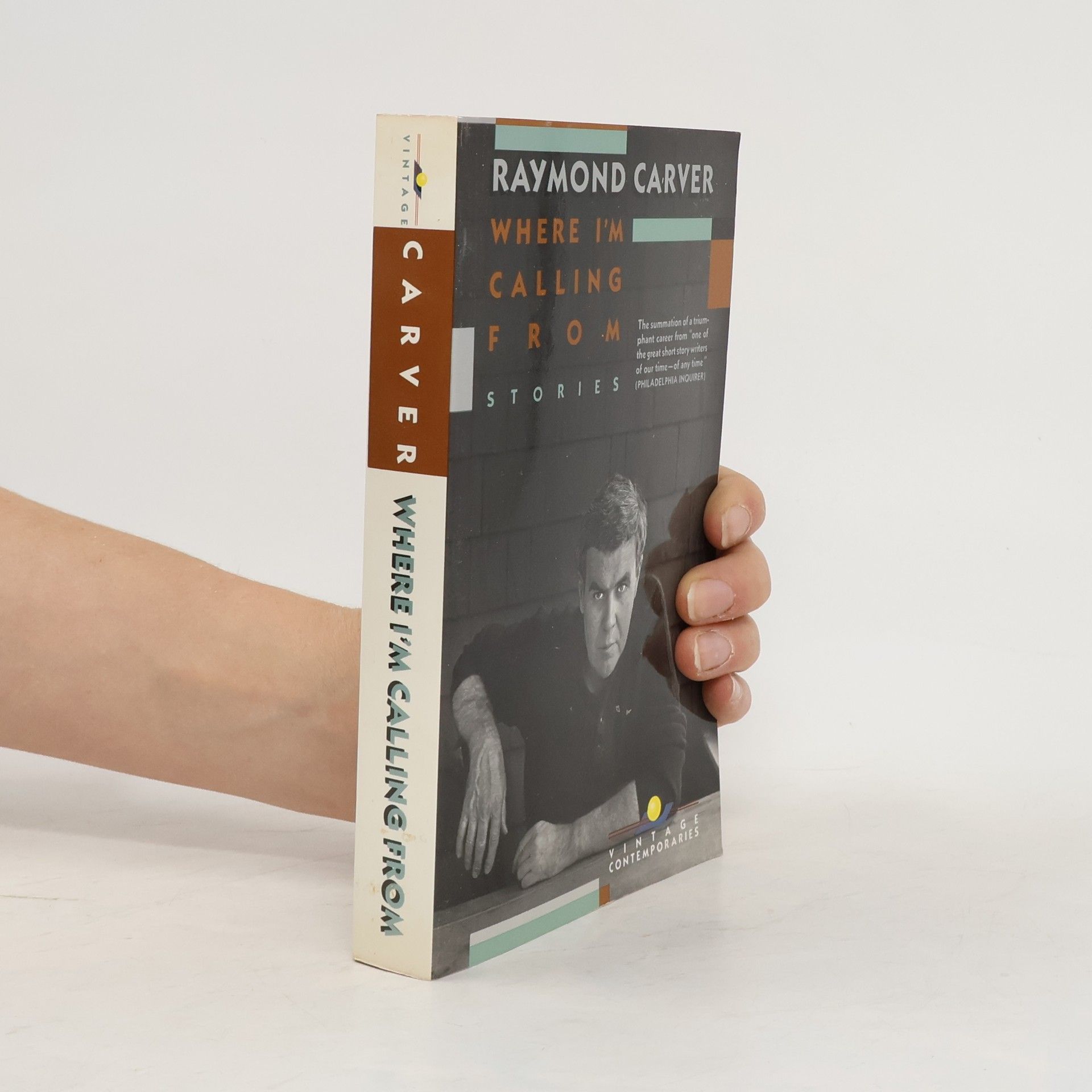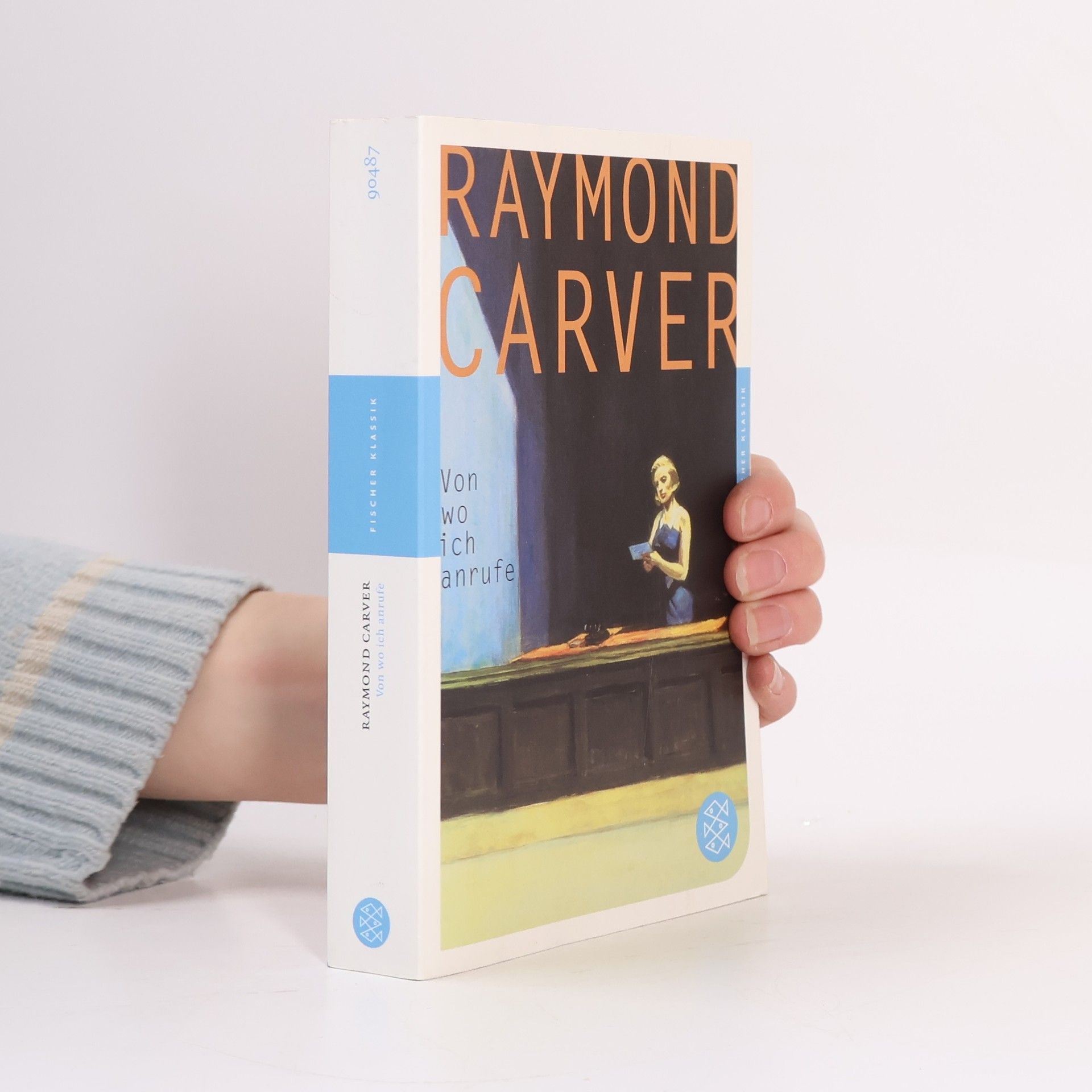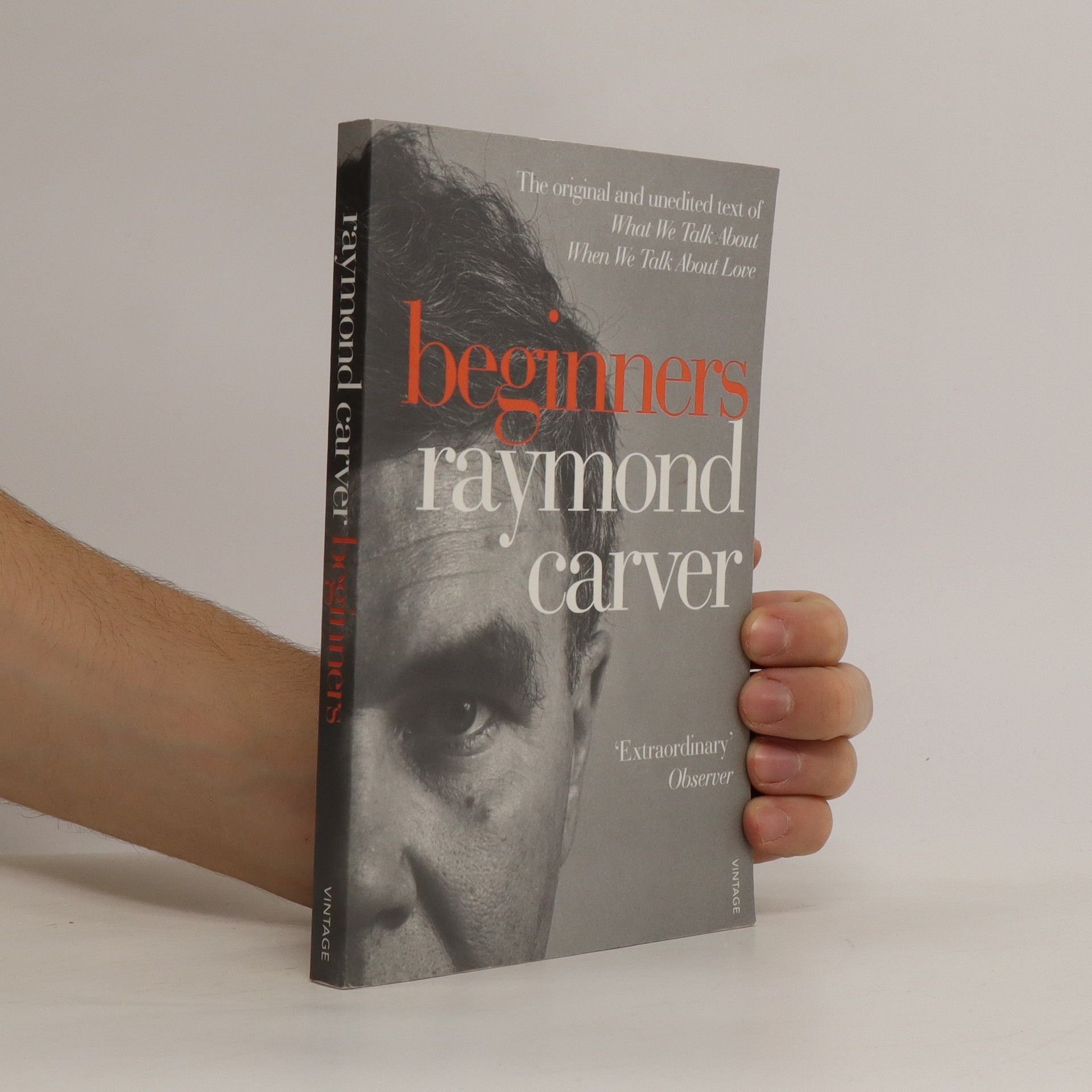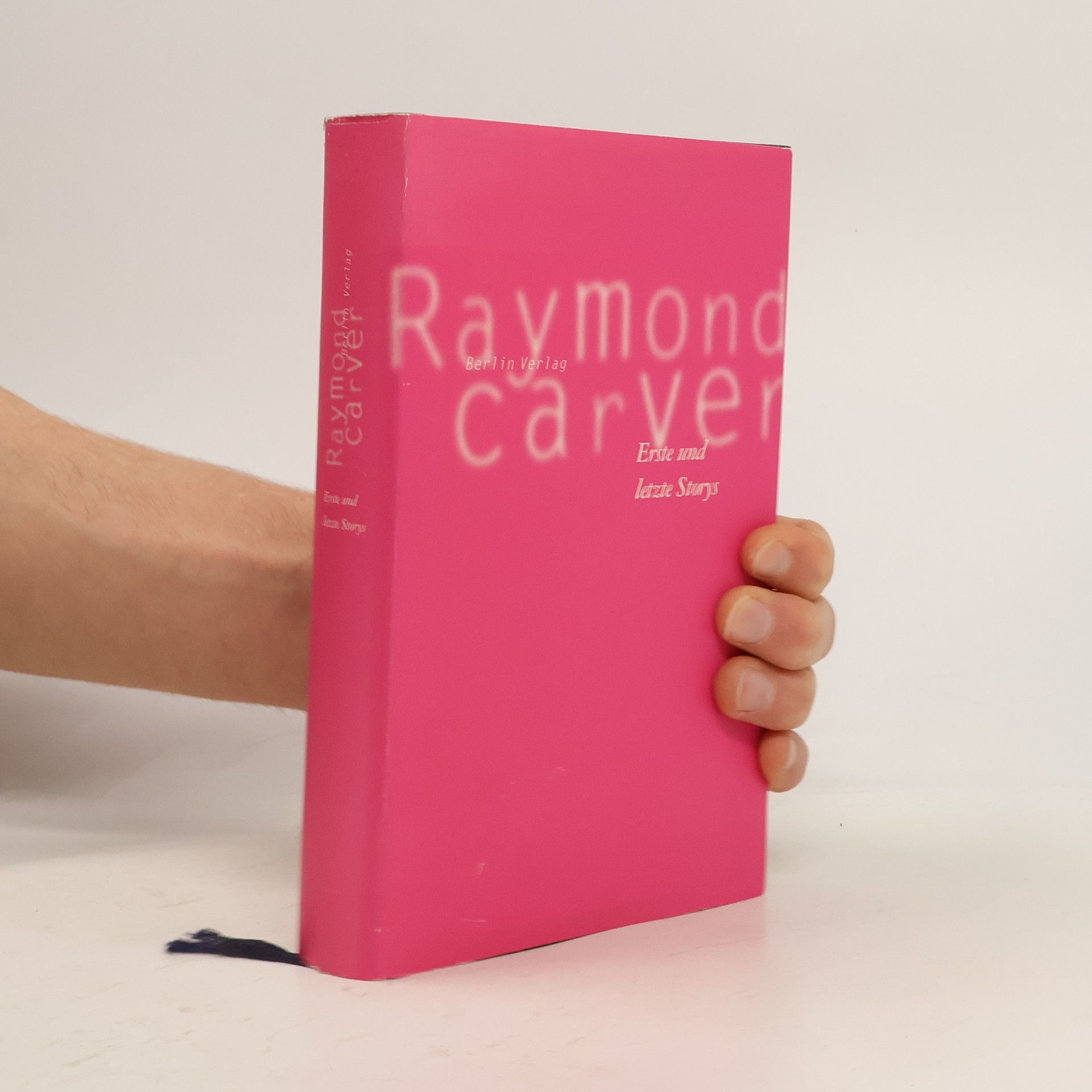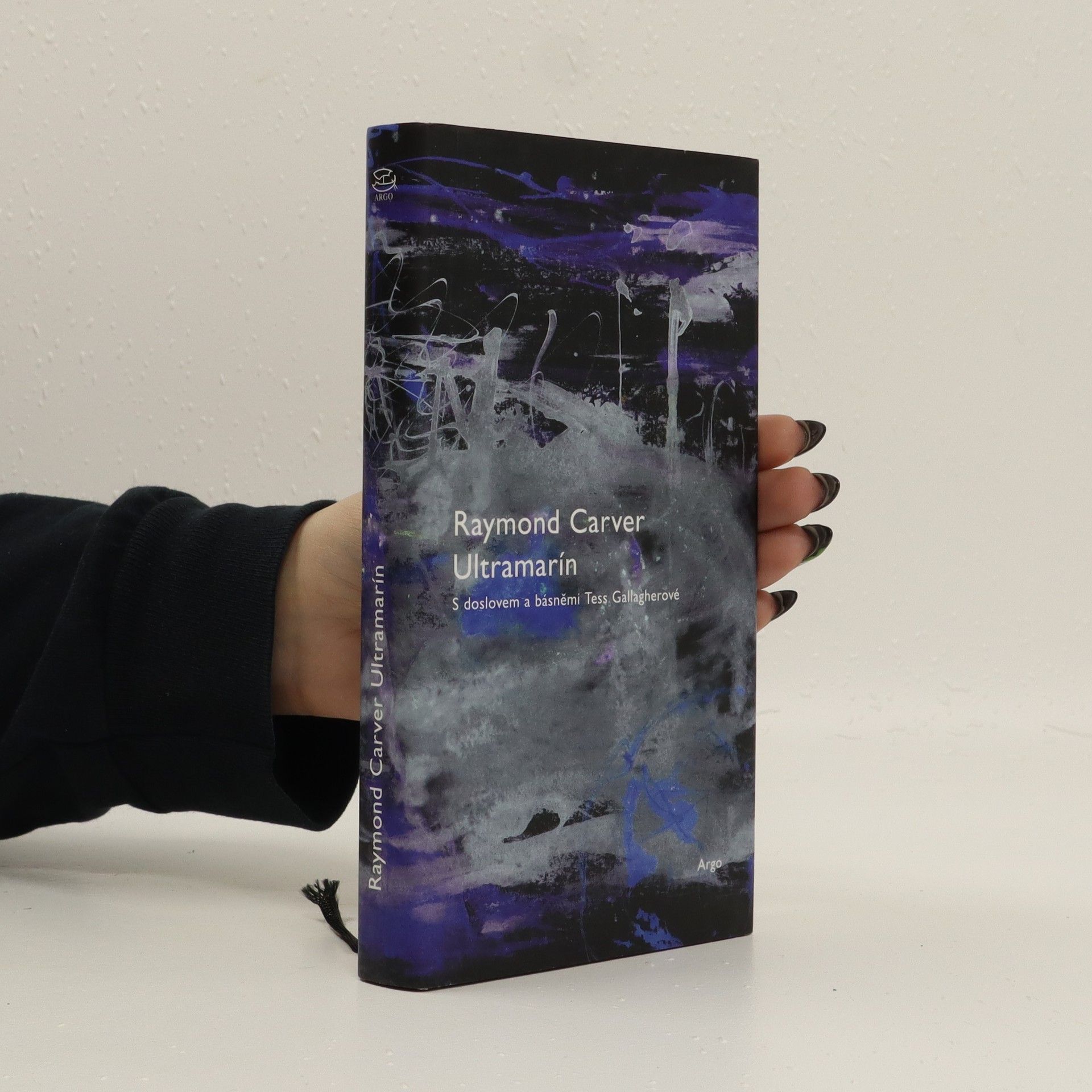Von wo ich anrufe
Seine besten Stories Ausgewählt von ihm selbst
Für ›Von wo ich anrufe‹ stellte Raymond Carver selbst seine besten Stories zusammen. Das Schönste aus ›Wovon wir reden, wenn wir von Liebe reden‹, ›Würdest du bitte endlich still sein, bitte‹ und ›Kathedrale‹ sowie sieben bisher unveröffentlichte Erzählungen. Ein beeindruckender Querschnitt durch Carvers Werk - und ein messerscharfes Porträt Amerikas. Raymond Carver ermöglicht dem Leser einen unverstellten Blick auf die dunklen Seiten des amerikanischen Traums und auf die Menschen, denen der Alltag zu entgleiten droht.

